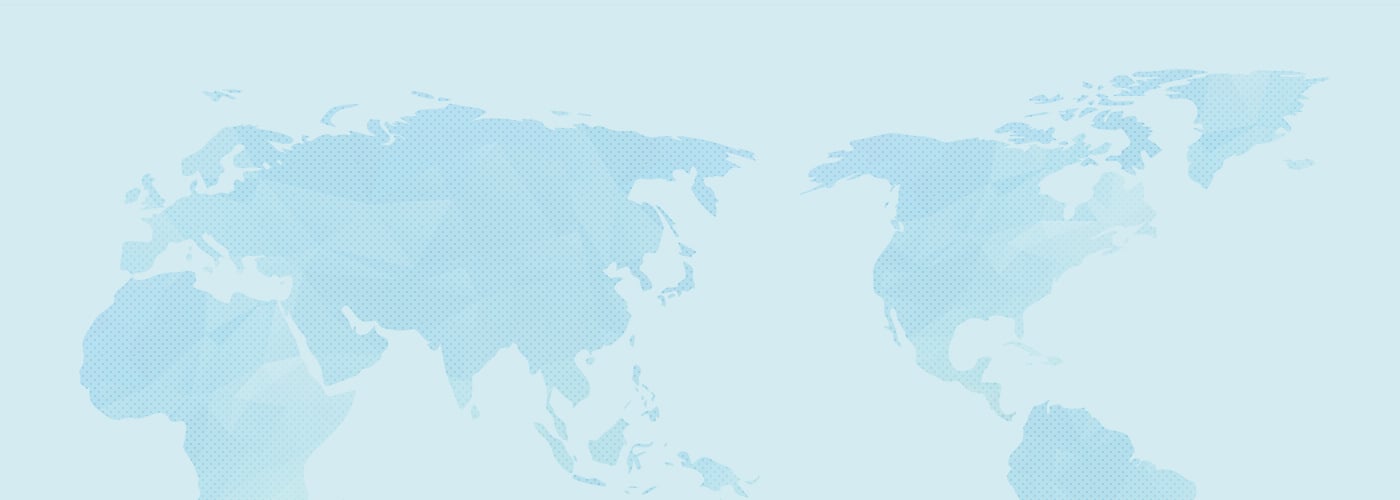For the second phase of our medium- and long-term plans, we have formulated the following three guidelines which take into consideration the numerous unresolved issues facing the world (e.g., poverty, conflict, climate change, and infectious diseases), as well as the rapid changes taking place in the environment surrounding Fukuoka University (e.g., the declining population of 18-year-olds, progress in globalization, and developments in information technology (IT), data science (DS), and artificial intelligence (AI) technologies), and which are based on the traditions that Fukuoka University has cultivated over the past 90 years, in order to help ensure our continued development in this uncertain era.
Guideline1. Strengthening Governance and Financial Foundations
In order to ensure continued development beyond the100th anniversary of Fukuoka University’s establishment, it is necessary that we, as an institution, remain fair and sound in accordance with our founding philosophy.
To this end, we will strengthen our governance and build stable financial foundations.
Furthermore, we will develop facilities, cultivate an information infrastructure, pursue organizational reforms and undertake other efforts that are in line with the campus master plan and grounded in our governance and financial foundations.
Guideline 2. Cultivating Talented People Capable of Playing Key Roles in the Local, National, and International Communities
Thanks to an adherence to its founding philosophy and education and research philosophy, Fukuoka University has earned a reputation for capitalizing on the diversity that comes with being a multi-faculty university to cultivate talented people capable of playing a central role in society and for enabling these people to thrive.
We believe that continuing to develop such talented people who possess skills needed by society is important for the development of local, national, and international communities, as well as for achieving SDGs.
Furthermore, we believe that our complex and challenge-filled society demands of individuals both the knowledge and heart to work hard to solve problems in order to live a happy life.
Thus, we will first work to improve our systems and environment for implementation of the PDCA cycle in education, and we will then make improvements to our educational programs, lesson content, methods, and support needed to cultivate the aforementioned human resources on an ongoing basis.
Guideline 3. Education, Research, Medical Care, and Social Contribution Aimed at the Realization of a Sustainable and Diverse Society
We will fulfill the four missions of education, research, medical care, and social contribution in order to realize a society in which economic development does not negatively impact the global environment, in which industrial, economic, cultural, welfare, etc., development does not stagnate even as the domestic birthrate declines, and in which all people representing a diversity of mental, physical, or cultural backgrounds can live safely and securely.
